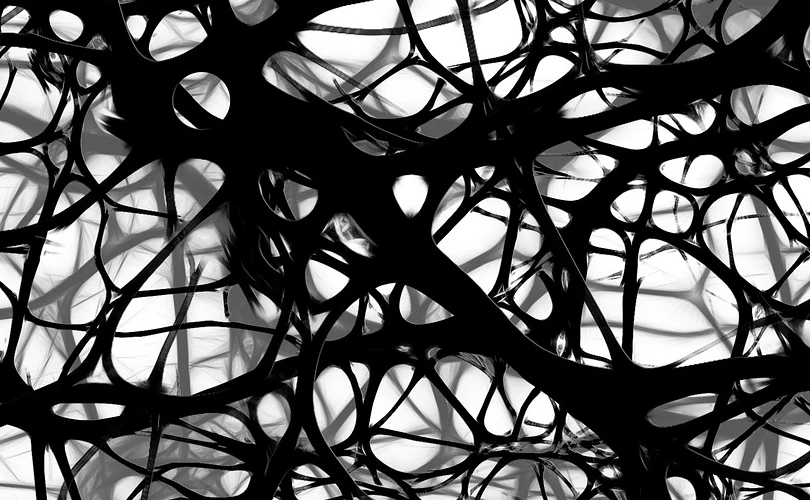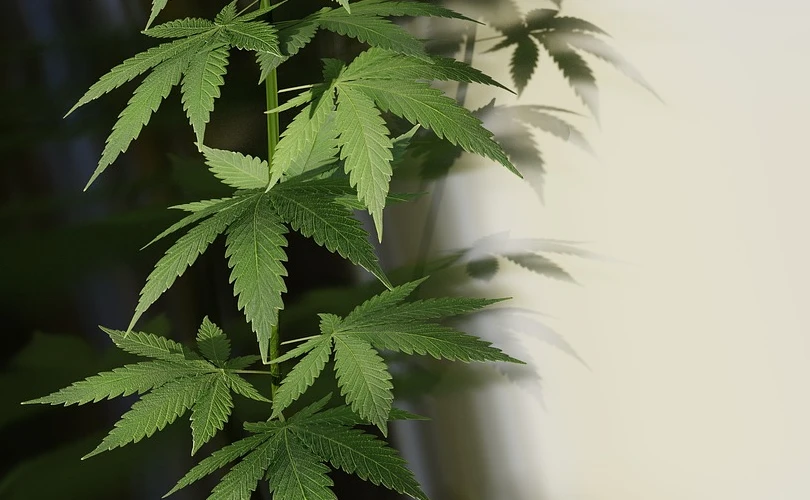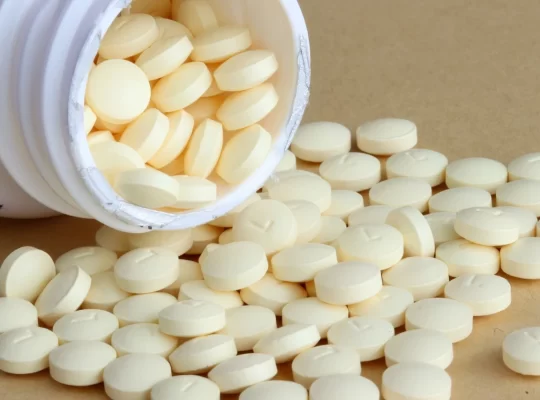Interventions for Substance Abuse Through Motivational Interviewing
Motivational interviewing (MI) is a counseling technique that assists individuals in examining and resolving their resistance to change. It is a client-centered, nonjudgmental approach that emphasizes the individual’s motivation to change. MI Methods Individuals struggling with marijuana addiction may benefit from MI in a variety of methods. It can be utilized to assist individuals: Investigate …












